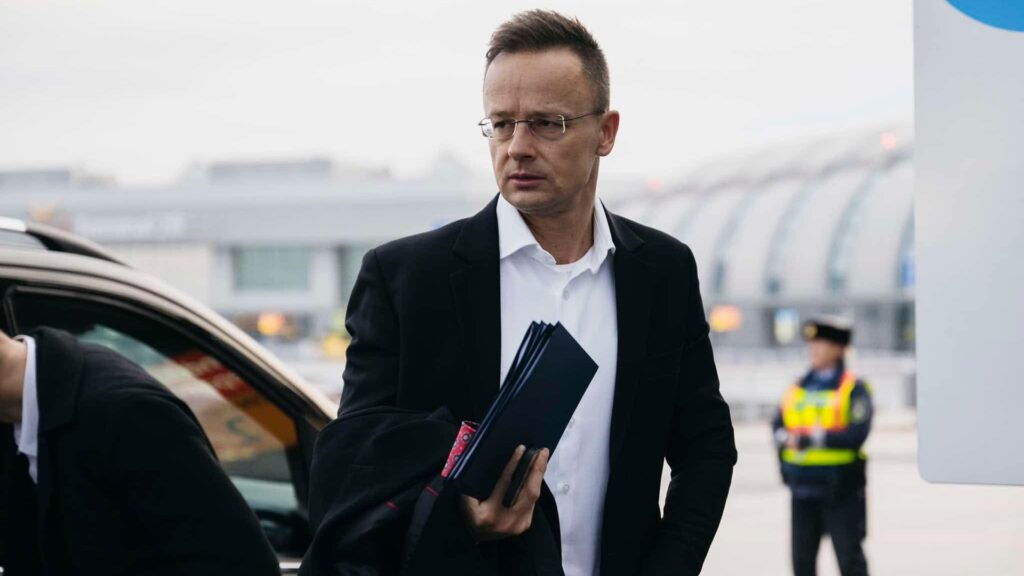
Hungarian Minister for Foreign Affairs and Trade Péter Szijjártó announced that Budapest will veto the EU’s 20th sanctions package unless Ukraine restores oil transit through the Druzhba pipeline. He argued the halt is political blackmail aimed at driving up fuel prices ahead of Hungary’s April election and influencing the outcome.
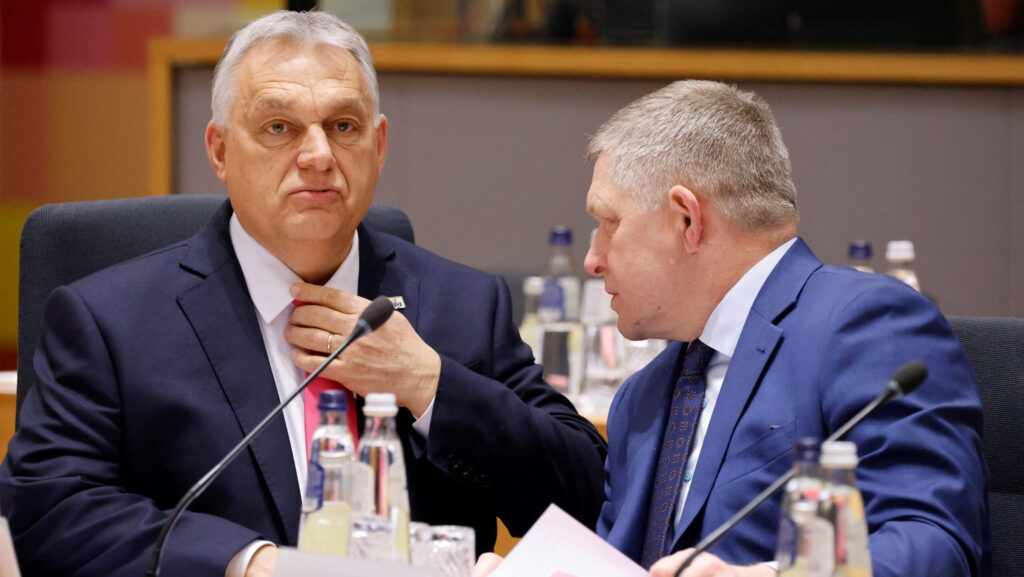
Hungary and Slovakia have escalated pressure on Ukraine to restore oil transit through the Druzhba pipeline, with Viktor Orbán threatening to block a €90 billion EU loan and Robert Fico warning to halt electricity exports. Kyiv has rejected the demands as ‘blackmail’, accusing both governments of acting irresponsibly and undermining regional energy security.
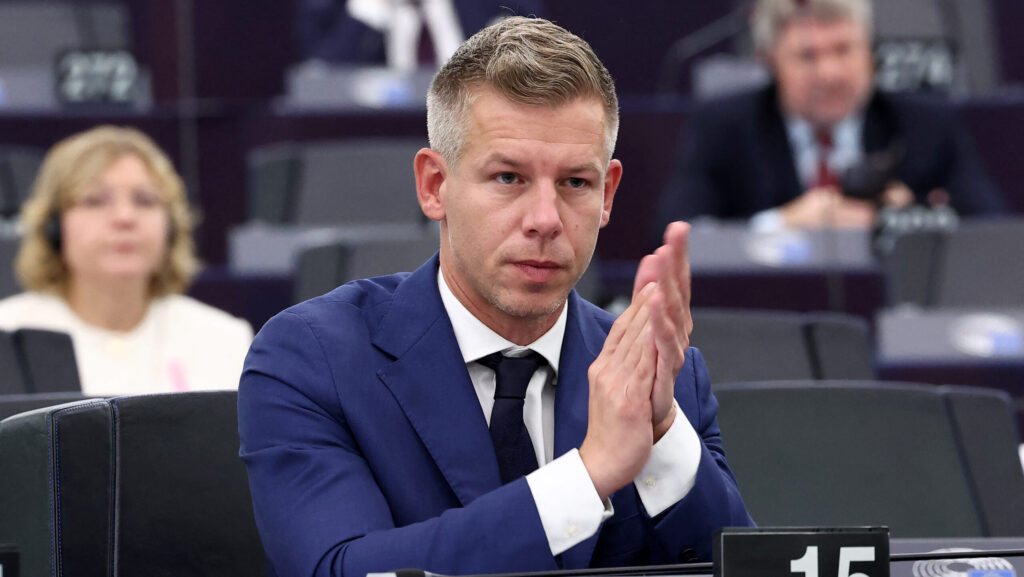
Hungarian opposition leader Péter Magyar announced that he will head Tisza’s national list in April, formalizing what had long been obvious after nearly two years as the party’s sole public voice. Stating that he is ready to serve Hungary, Magyar and Tisza are deeply integrated into the EU establishment and are expected to align with it on issues such as Ukraine’s accession and migration.
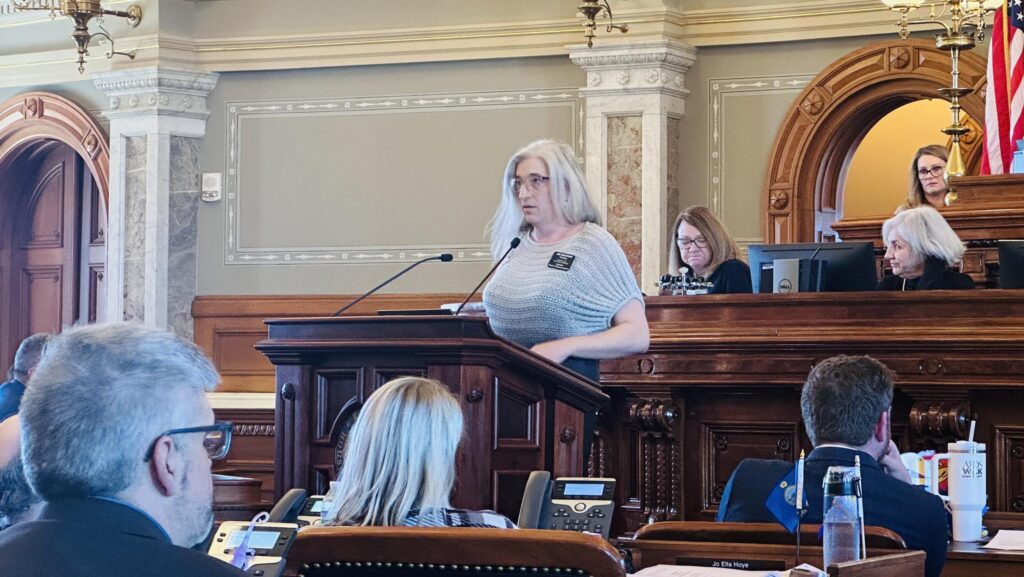
The Kansas House overrode Governor Laura Kelly’s veto of a bill restricting public bathrooms and locker rooms to biological sex, prompting an outburst from transgender Democratic Representative Abi Boatman. Claiming that men want to ‘police our bodies’ through the bill, Boatman was quickly grilled on social media.
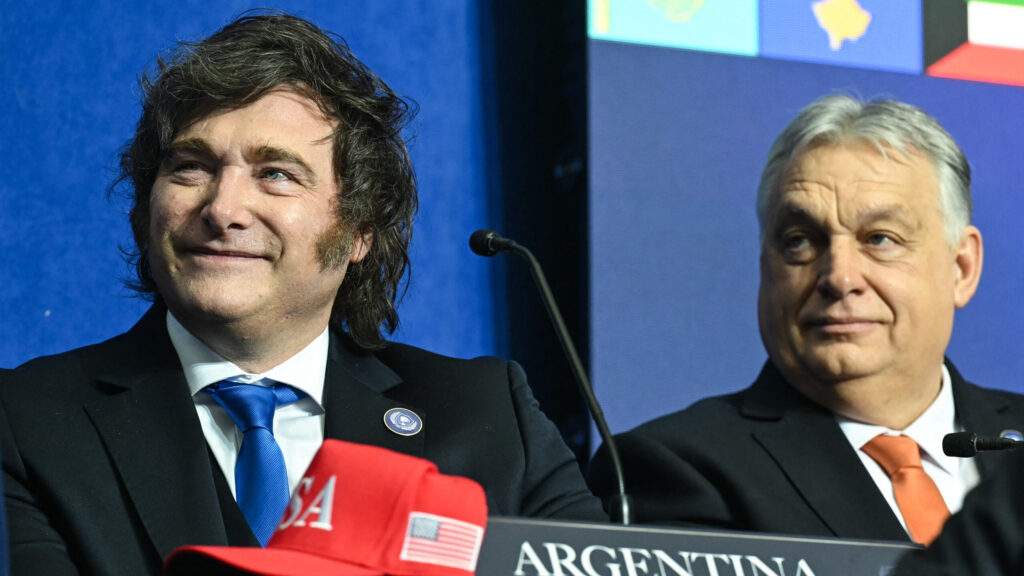
A viral video of Viktor Orbán and Javier Milei sharing a light-hearted moment at the Board of Peace inauguration has drawn widespread attention, with social media users describing the two leaders as ‘best friends in class’. During the same event, Donald Trump endorsed Orbán for re-election ahead of the upcoming parliamentary election in April.
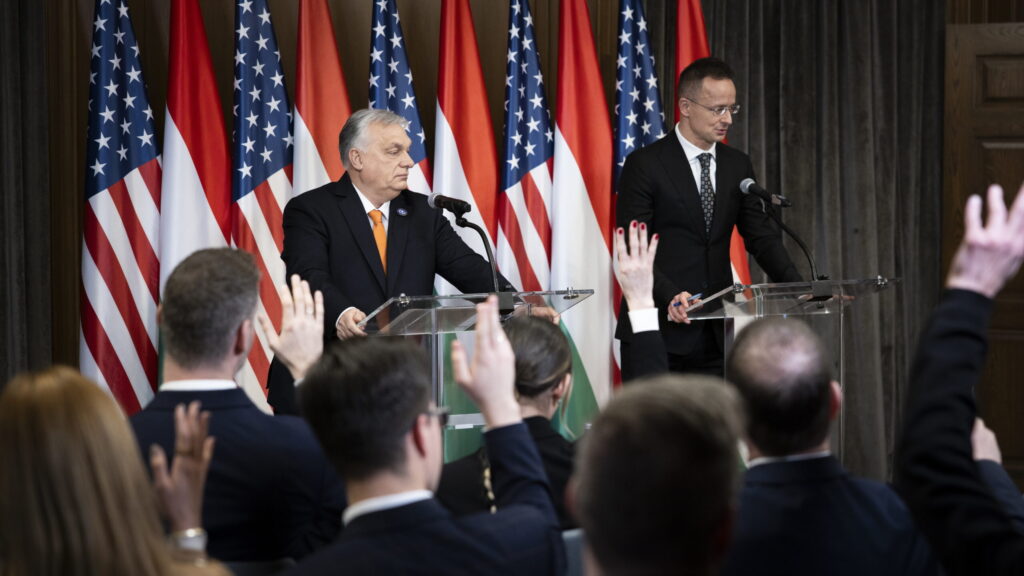
Viktor Orbán called on Brussels to act after Ukraine halted Druzhba oil transit, describing the move as political coercion against Hungary and Slovakia. He further said that Kyiv is intervening in Hungary’s upcoming election to install a compliant government, arguing that in dangerous periods, stability depends on trusted alliances and experienced leadership.
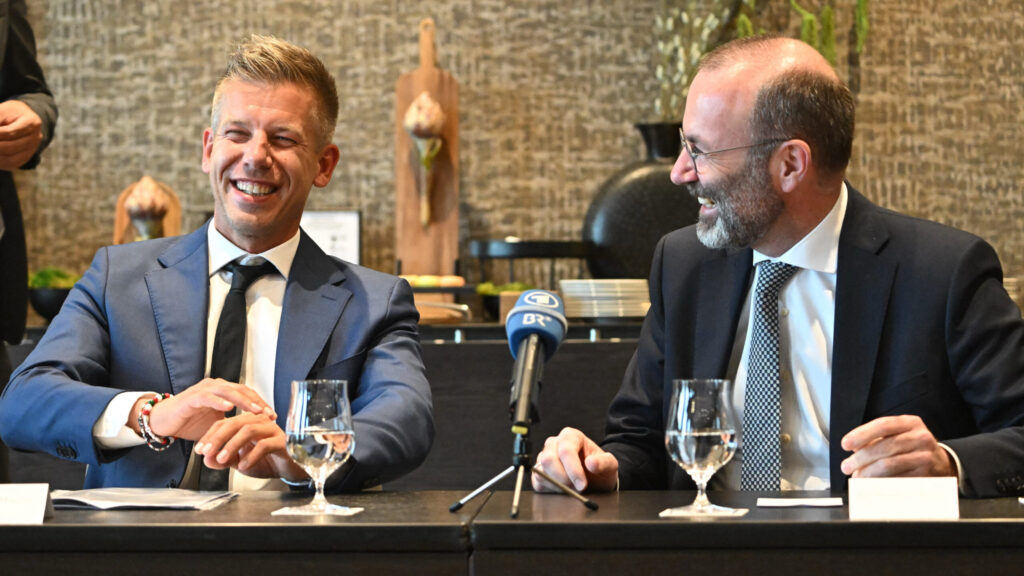
Opposition leader Péter Magyar insists he would uphold Hungary’s veto on Ukraine’s EU accession, even as his party sits within the European People’s Party—the bloc’s strongest advocate of Kyiv’s fast-track membership. The apparent contradiction exposes the political theatre that Tisza and the EPP are staging ahead of Hungary’s April election.
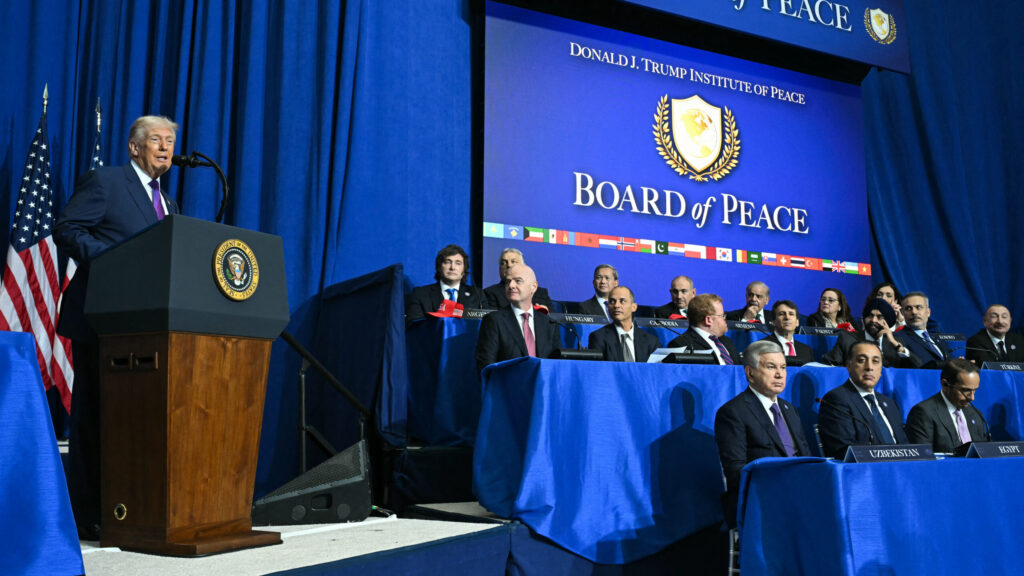
US President Donald Trump issued a ‘complete and total endorsement’ of Hungarian Prime Minister Viktor Orbán ahead of April’s parliamentary election, praising his stance on migration during the inaugural meeting of the Board of Peace in Washington. The endorsement comes as US officials increasingly highlight Orbán’s strategic importance for American interests in Central Europe.
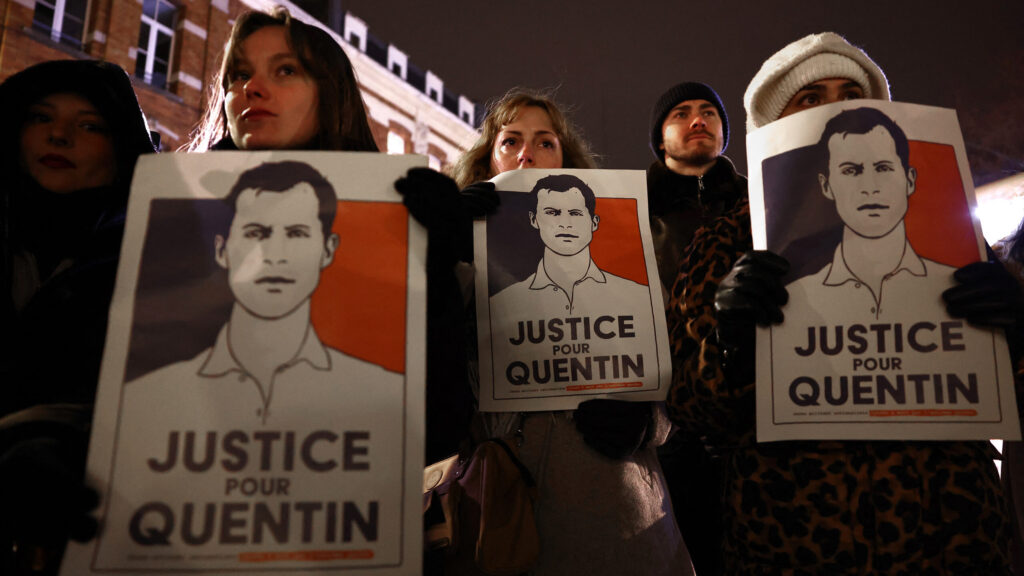
French authorities have arrested 11 suspects in connection with the fatal beating of 23-year-old right-wing activist Quentin Deranque in Lyon, including a parliamentary assistant linked to Jean-Luc Mélenchon’s France Unbowed party. The killing comes amid growing concern across Europe over escalating far-left political violence and Antifa-linked militant activity.
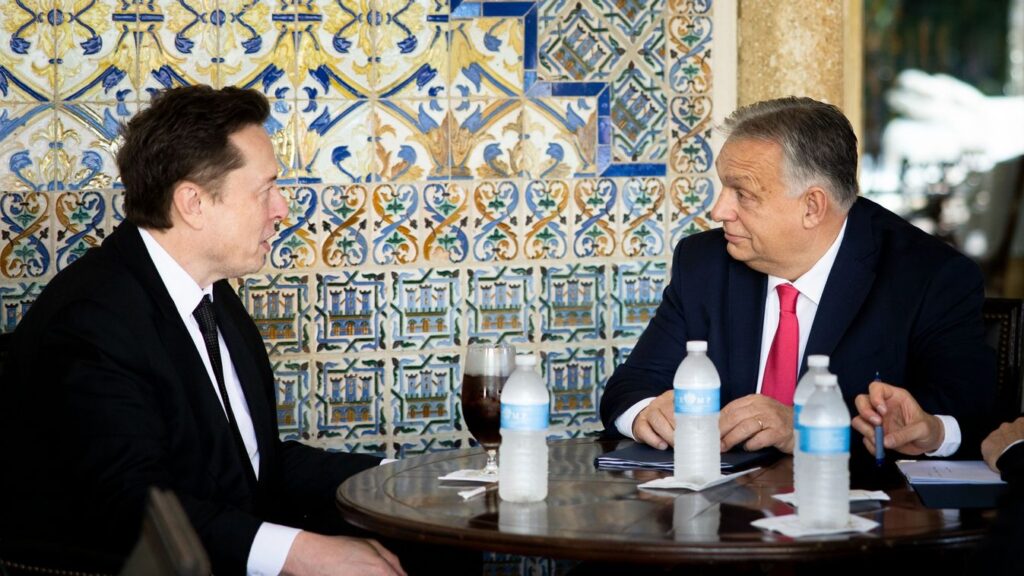
A German court has ordered Elon Musk’s X to provide data tied to Hungary’s upcoming parliamentary election, escalating tensions between the platform and European regulators enforcing the Digital Services Act. The case, driven by EU- and foreign-funded NGOs, has fuelled concerns in Budapest over external interference and political pressure ahead of the April vote.

Europe’s growing return to traditional architecture reflects more than aesthetic preference—it signals a broader struggle over identity, democratic legitimacy, and civic morale, speakers argued at a Danube Institute panel in Budapest. The discussion highlighted public resistance to modernism, the cultural meaning of restoration, and Budapest’s reconstruction as a model for Europe’s architectural renewal.
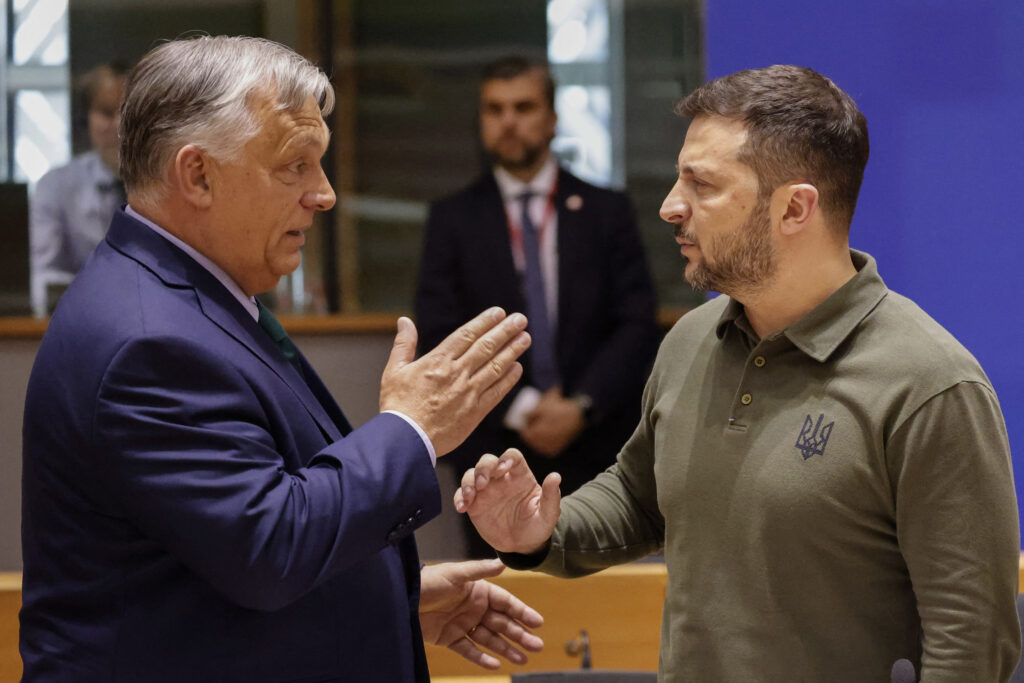
Prime Minister Viktor Orbán accused Ukraine of ‘blackmailing’ Hungary by halting oil transit through the Druzhba pipeline, warning that Kyiv and Brussels are applying growing pressure to force Budapest into a pro-war European coalition. Hungary has halted diesel exports to Ukraine in response while insisting its own energy supply remains secure.

A transgender gunman opened fire on his own family during a high school hockey tournament in Rhode Island on 16 February, killing two people and critically injuring three others before taking his own life. The attack follows several recent North American cases involving transgender perpetrators, adding to concerns about a growing pattern of extreme violence.
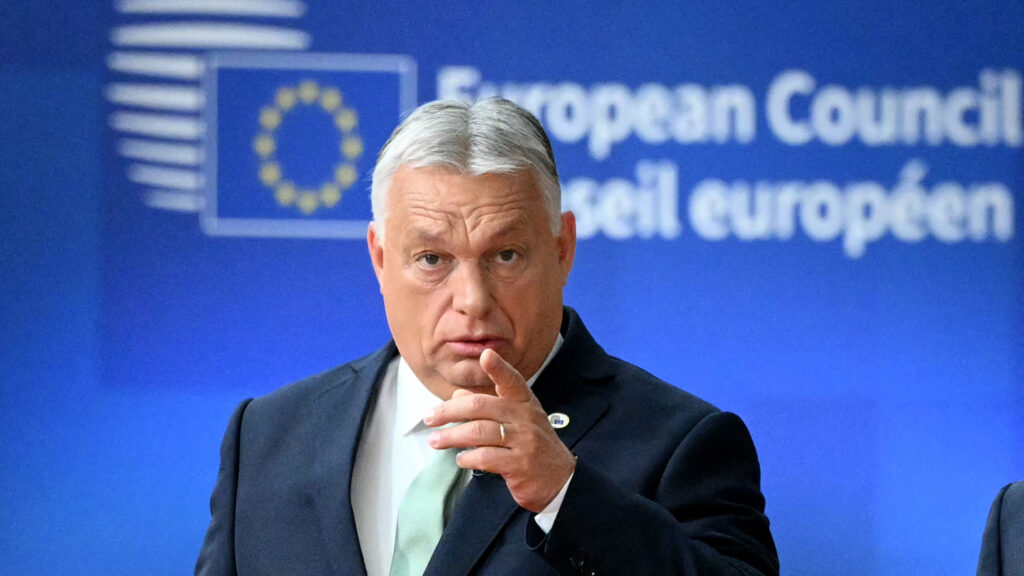
Hungarian Prime Minister Viktor Orbán’s Fidesz–KDNP alliance would win comfortably if elections were held this Sunday, according to a new poll by the Center for Fundamental Rights. The findings suggest the governing parties have stabilized their lead ahead of April’s vote, reinforcing momentum built on geopolitical firmness and perceptions of steady governance.
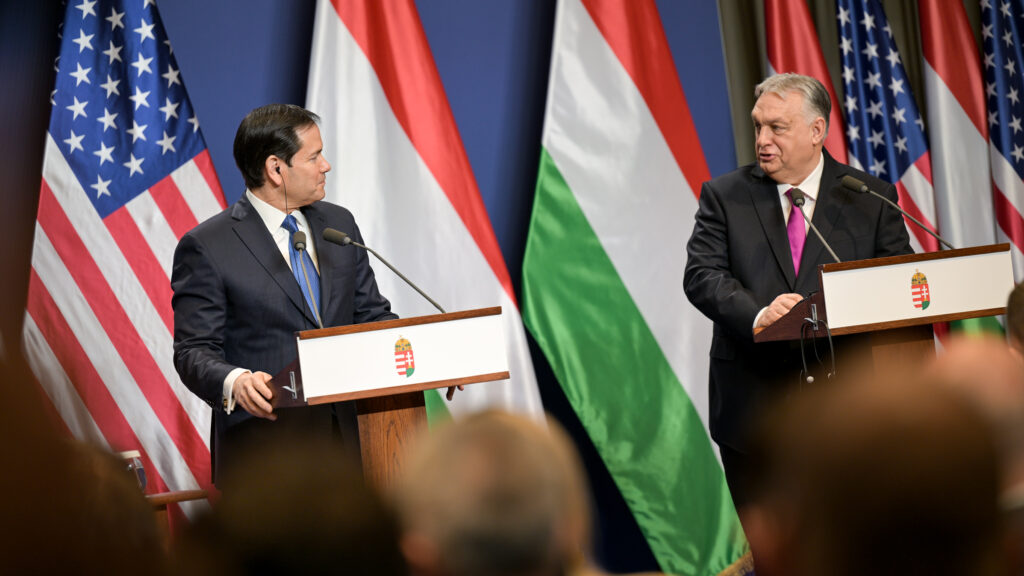
Standing beside Viktor Orbán in Budapest, Marco Rubio praised the Hungarian prime minister’s role in advancing US interests and pledged a financial protective shield for the country, saying Hungary should thrive ‘as long as you’re prime minister’. The remarks, coupled with the signing of a key nuclear deal between the two countries, signal firm support from the Trump administration ahead of Hungary’s closely watched April elections.
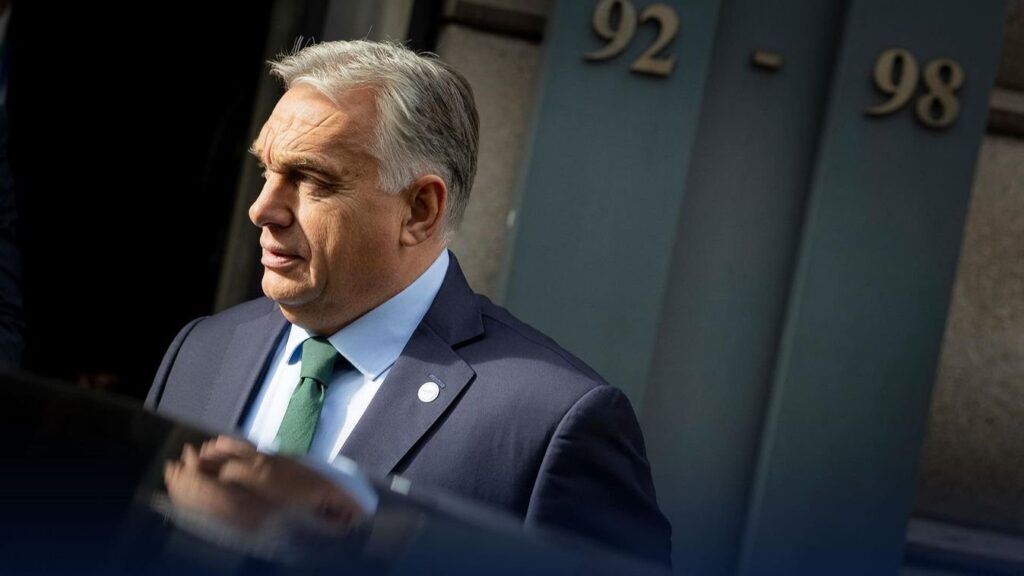
Volodymyr Zelenskyy sharply criticized Viktor Orbán for blocking Kyiv’s EU accession during remarks at the Munich Security Conference, intensifying an already strained relationship between Ukraine and Hungary. In response, the prime minister condemned the political attacks directed at his government ahead of the parliamentary vote in April, stressing that Kyiv is directly interfering in Hungary’s electoral process.

Dutch conservative influencer Matthias Victorian, known as Code Victorian, has emerged as a rapidly growing voice of Europe’s new right, blending traditional aesthetics with unapologetic nationalist politics. Speaking in Budapest, he warned that mass migration, cultural decline, and ideological division threaten Europe’s very survival—making Hungary a rare stronghold of civilizational resistance.
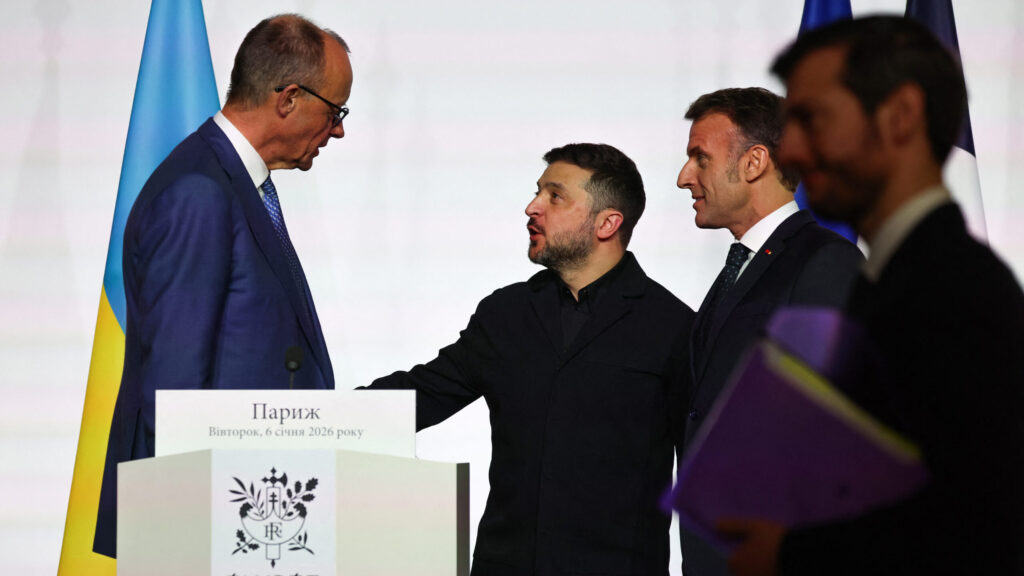
New data from the Kiel Institute reveal a decisive turning point in the Ukraine war: Europe, not the United States, has become Kyiv’s primary military and financial backer. As Washington scales down support under Donald Trump, European governments are assuming the burden—transforming the conflict from a mainly American proxy war into Europe’s own geopolitical and economic responsibility.
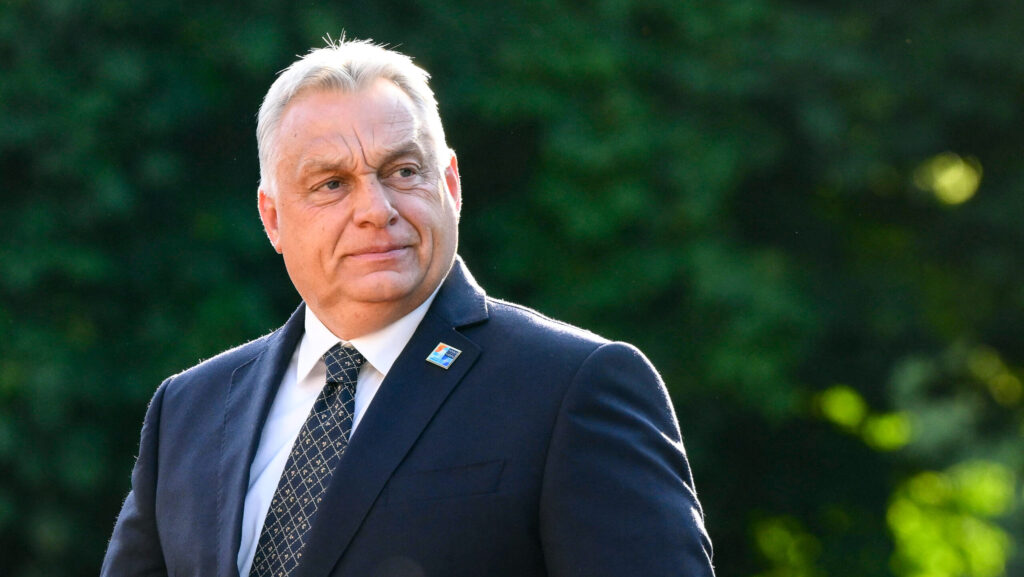
Hungarian Prime Minister Viktor Orbán has condemned Brussels’s reported plan to fast-track Ukraine into the European Union by 2027 as ‘an open declaration of war’ against Hungary. He warned that proposals to remove his veto—through electoral change or stripping Hungary’s voting rights—amount to a direct assault on national sovereignty and democratic choice.
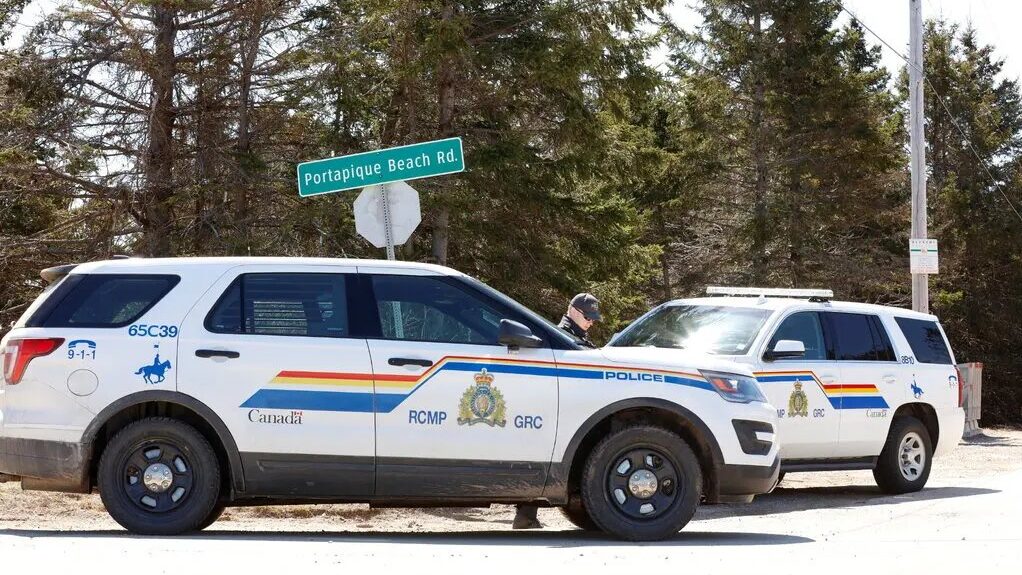
A transgender teenager who had identified as a woman since 2023 killed ten people and wounded at least 35 in a mass shooting at Tumbler Ridge Secondary School in British Columbia, Canada. Reports that the perpetrator kept guns at home and shared shooting videos on a transgender-themed gun forum are intensifying alarm over the dangers of transgender ideology to young people and society.

China is preparing to deploy humanoid patrol robots at a major border crossing with Vietnam, marking a striking new phase in the integration of artificial intelligence into real-world security infrastructure. The development also carries clear implications for Europe, where mounting migratory pressure is already accelerating the adoption of AI-driven surveillance and automated border protection tools.
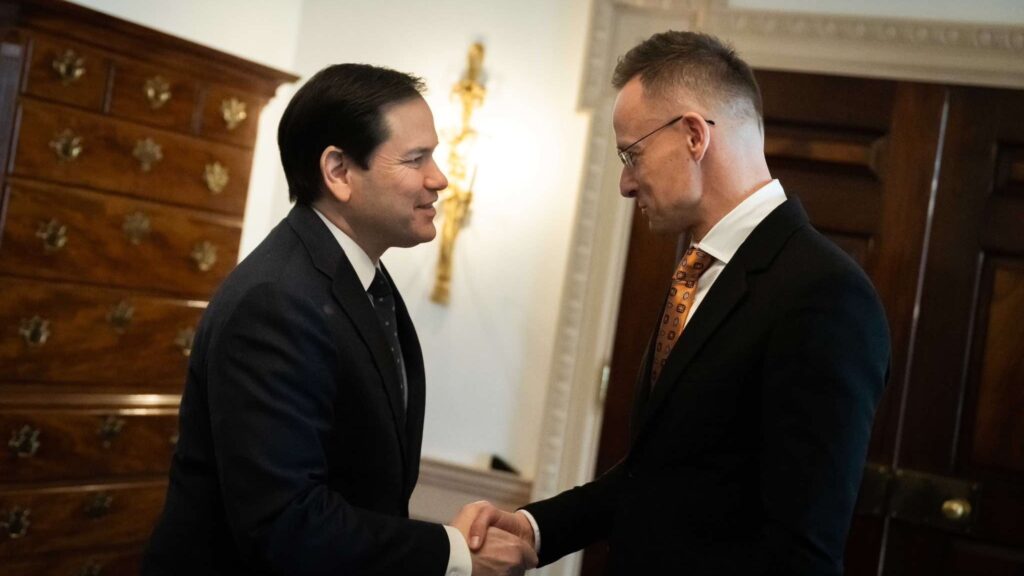
US Secretary of State Marco Rubio will travel to Budapest after the Munich Security Conference to meet senior Hungarian officials for talks on peace initiatives, regional security, and energy cooperation. The announcement follows Viktor Orbán’s planned Washington trip to attend the inauguration meeting of Donald Trump’s Board of Peace.
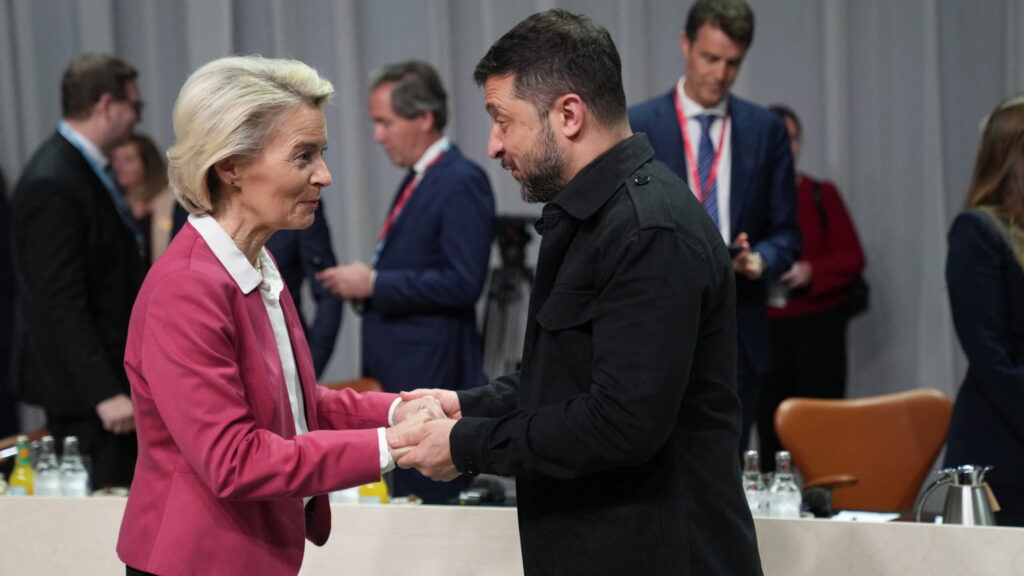
Hungary was widely mocked a year ago for warning that Brussels planned to fast-track Ukraine’s EU accession. Now, POLITICO Brussels has outlined a concrete roadmap to bring Kyiv into the bloc by 2027—including waiting for Viktor Orbán’s removal or even stripping Hungary of its voting rights—confirming fears once dismissed as conspiracy.

The third Budapest Global Dialogue kicked off on 9 February with an opening panel warning that censorship, supranational pressure, and ideological regulation are eroding democracy across the West. Speakers including Balázs Orbán and US Under Secretary Sarah B Rogers argued that free speech and national sovereignty now stand at the centre of a widening transatlantic political struggle.
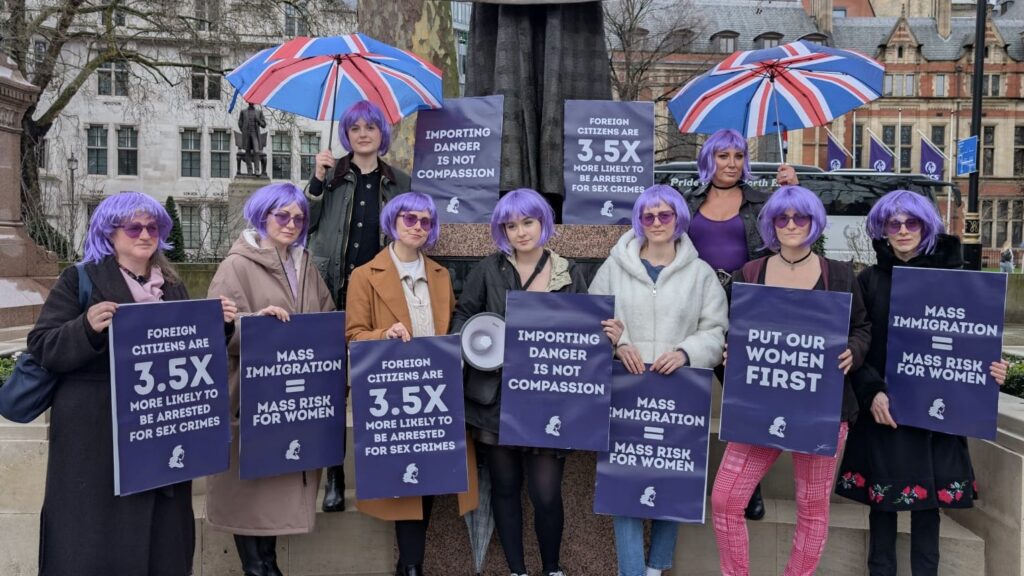
Activists from the UK-based Women’s Safety Initiative took to the streets of London dressed as the viral right-wing meme Amelia to protest migrant-linked violence against women. The demonstration turned an online symbol into a real-world political statement and highlighted Amelia’s emergence as a rallying point against Keir Starmer’s government and its attempts to censor dissenting voices.

European Pravda editor-in-chief Sergiy Sydorenko launched a public attack on Hungarian conservative media and PM Viktor Orbán after receiving an interview request from Mandiner. He called the outlet ‘vile propaganda’ and urged Ukrainian officials to avoid Hungarian right-wing media. European Pravda is funded mainly by Western sources, including the EU and the National Endowment for Democracy.

The Seattle Seahawks claimed a commanding victory over the New England Patriots in Super Bowl LX, pairing defensive dominance with a historic MVP performance from Kenneth Walker III. Yet beyond the scoreline, the championship night was equally defined by political controversy surrounding the halftime show and its sharp cultural divide across American audiences.
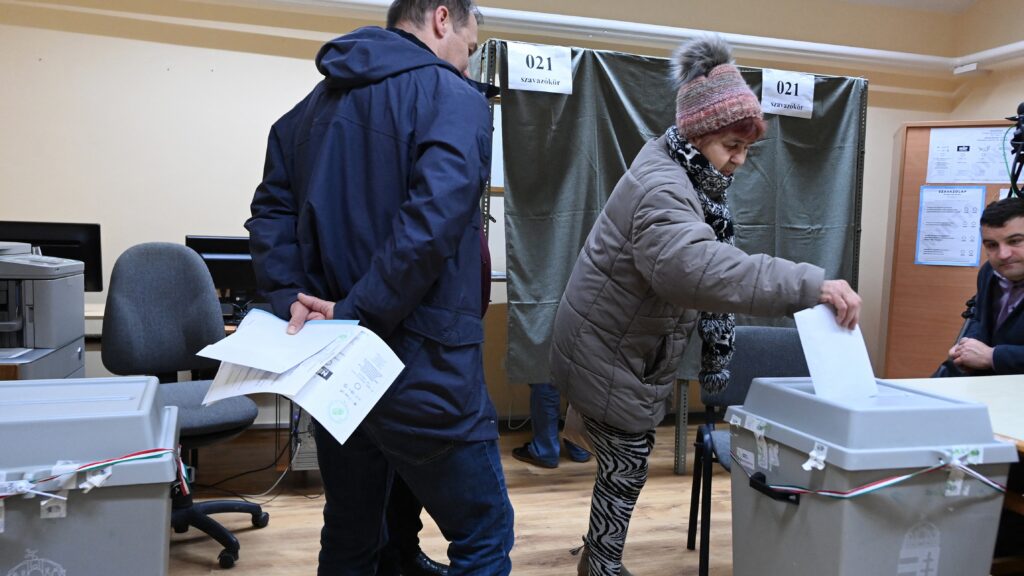
The Hungarian governing Fidesz party’s success in a closely watched Balmazújváros by-election offers a symbolic boost ahead of Hungary’s parliamentary elections. By overturning local paralysis and defeating an opposition-backed challenger, the victory underscores continuing support for Viktor Orbán’s party, contrasting sharply with polling that suggests rising strength for Tisza.
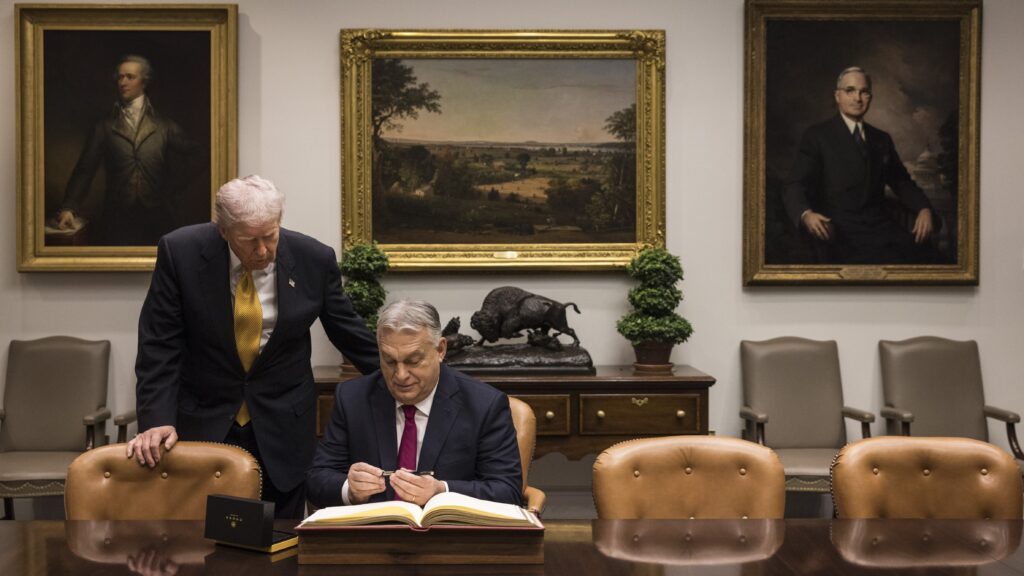
Prime Minister Viktor Orbán has confirmed he will attend the inaugural Board of Peace summit in Washington, where he is expected to meet President Donald Trump. The visit comes amid growing speculation that Trump could travel to Budapest in the near future and follows the US president’s renewed public endorsement of Orbán ahead of Hungary’s upcoming parliamentary election in April.
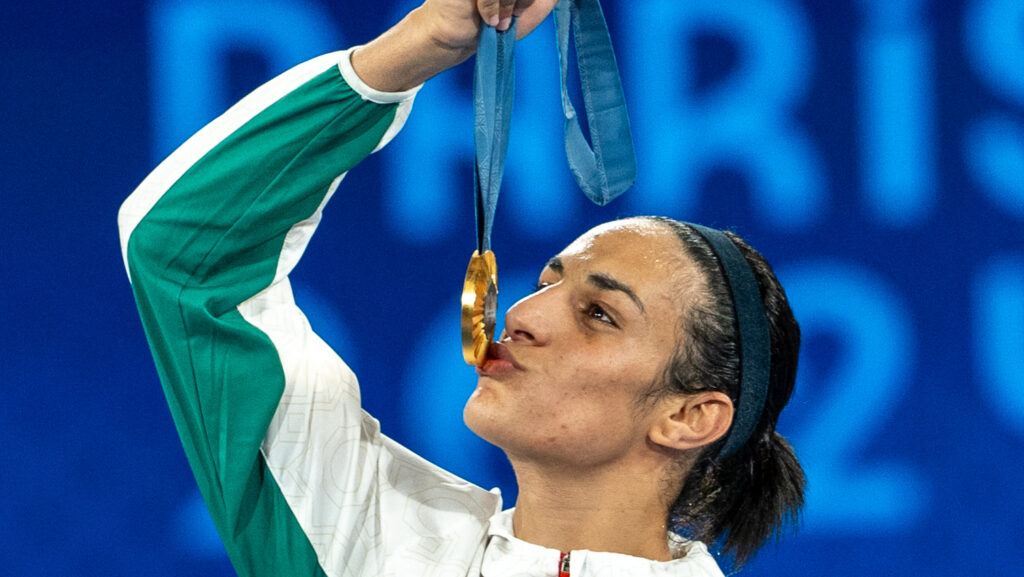
Controversial Algerian Olympic boxing champion Imane Khelif has acknowledged possessing a Y chromosome and elevated testosterone levels, reigniting global controversy over her participation in women’s competition at the Paris 2024 Games.